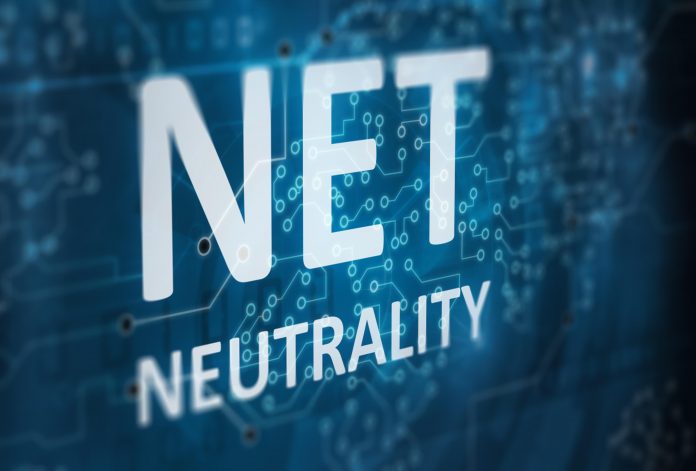You’ve probably been hearing a lot about net neutrality in the news lately. What is “net neutrality” and why is there such a heated debate over it? More importantly, how does it affect you?
The easiest way to understand this issue is to come at it from an angle that we understand. Most of us are used to paying for a specific amount of bandwidth and accessing sites whatever their content contains – be it streaming music, a static webpage, video (such as NetFlix or YouTube), etc.
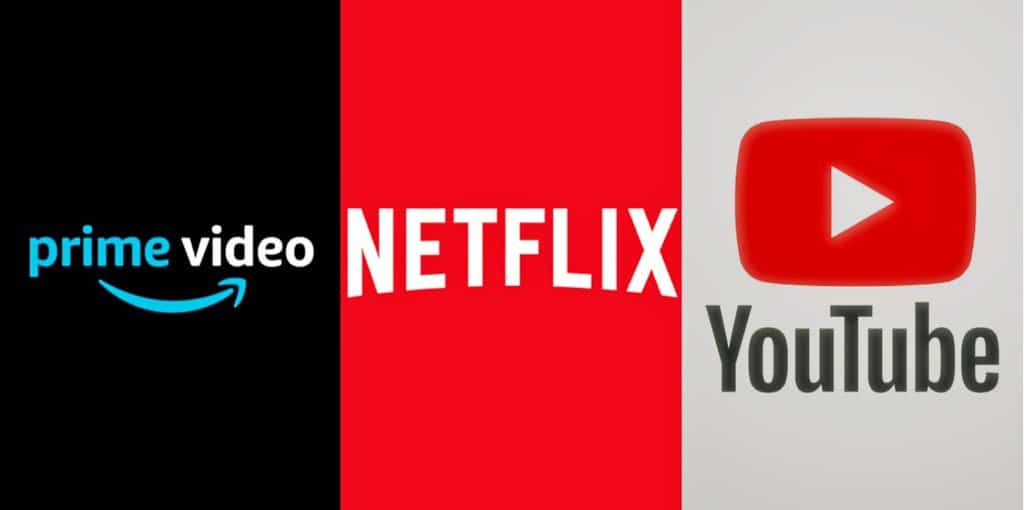
This is “net neutrality” – the ability to access any content no matter what that content is over the Internet connection you are paying for.
For a moment, think how your Internet experience and possibly your life would be affected if you had to pay more to watch YouTube videos than to read an article on a website? This is in short what the debate is over. Take a wild guess who’d envision an Internet like this (*cough* Verizon, Comcast *cough*).
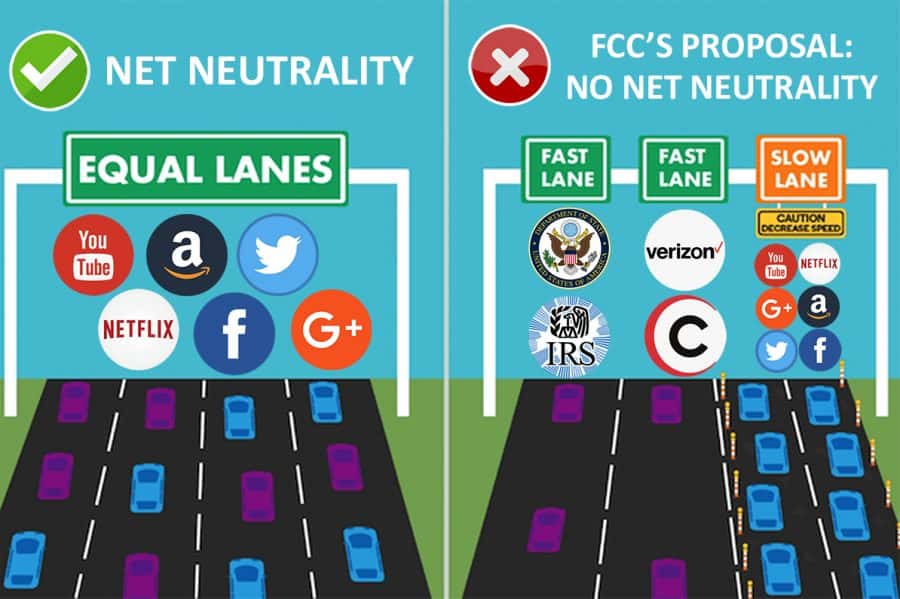
The FCC (Federal Communications Commission) voted to keep net neutrality – sort of. To save you from the legal speak, essentially your ISP (Internet Service Provider) has to let you go to the sites you want without paying a premium charge or throttling your bandwidth (connecting you at a slower speed).
Watch every episode of every season of Smallville in a marathon on NetFlix if you’d like. As long as you’re accessing it over your home network connection, that is. Mobile devices are another story.

You see, mobile carriers are exempt from this. “This” specifically being packet inspection. In laymen’s terms, what packet inspection means is that the mobile company can “inspect” the data sent to and from your device. If they find you want to watch videos, they can throttle your connection if they choose.
Now, here’s why this is important to you. The mobile industry is in its infancy. But that is soon to change. As more people begin using smartphones, more individuals will be getting their online content over their mobile devices. As a result, sooner or later this issue will be knocking at your door.

Let’s play devil’s advocate for a moment. In view of the foregoing, Internet providers – be they traditional ISPs or mobile carriers – contend that with so many using their network, if they don’t throttle bandwidth, all these mobile devices will have negative effects on the network. Case in point – AT&T and the iPhone.
AT&T wasn’t expecting the amount of data usage that the iPhone generated. Take this scenario and multiply it by 100 and you have their argument against net neutrality.
To this writer’s knowledge, mobile providers haven’t throttled bandwidth based on packet inspection. However, you have seen the repercussions of this debate. Are you an AT&T subscriber?
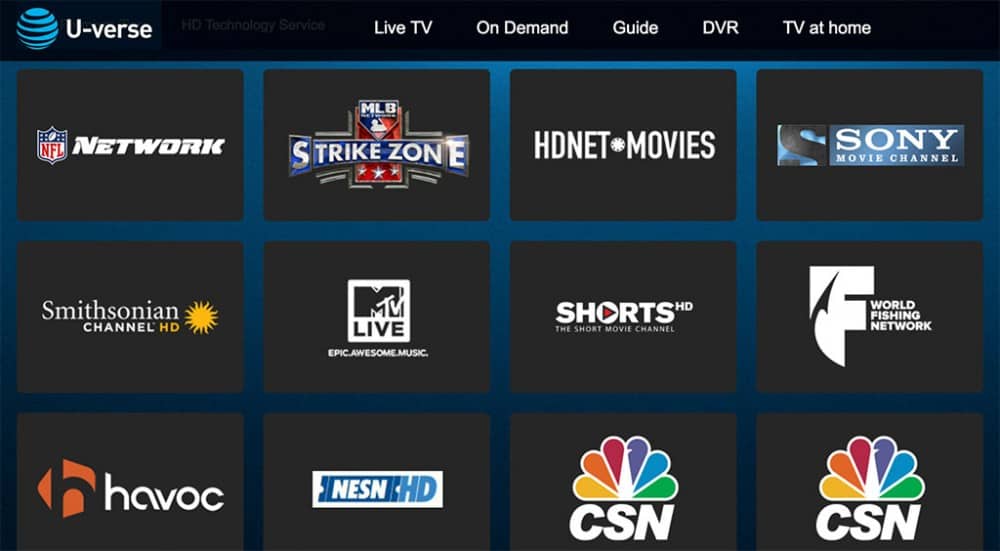
Notice how you no longer have unlimited data access? Are you a Sprint customer? If you have a 4G phone like the Evo or Epic 4G, you’re already paying $10 more per month for data.
Having this knowledge probably won’t change your life. However, it will help you make decisions as this issue progresses.
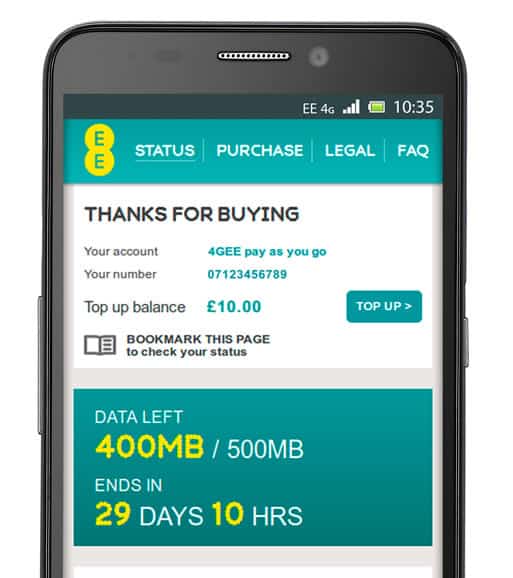
Verizon and MetroPCS are suing the FCC over their stand on net neutrality. So expect to hear more about this in the coming days. Share your thoughts on this in the comments below.


